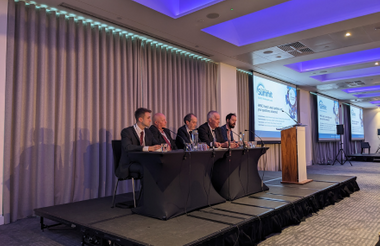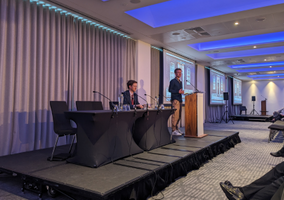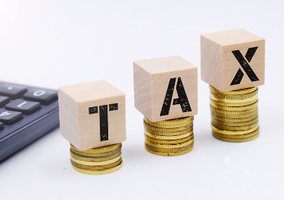HM Revenue and Customs (HMRC) has said that it is trying to stop charitable donors who are not entitled to gift aid but still claiming it as it is “a big problem at the moment”.
Last week, representatives from HMRC told delegates at the Charity Finance Summit 2023 that the issue can cause “some unfortunate events” where the authority has “to contact people and ask them for the money back”.
During the session, the representatives also discussed HMRC’s consultation on charities’ tax compliance, which looked at some of the sector’s taxation rules to address non-compliance “without changing the overall purpose of the reliefs”.
They said that HMRC is currently considering views and working out the next steps.
‘Consulting with the sector has been critical’
There are four main areas in the consultation, including preventing donors from obtaining a financial benefit from their donation; preventing abuse of the charitable investment rules; closing a gap in the non-charitable expenditure rules and tightening charity filing obligations.
Mark Pickard, head of savings and charities policy, individuals policy directorate at HMRC, said that “consulting with the sector has been critical in this process” in order to “get to the right solution”.
One of the “key messages we’ve taken from stakeholders”, he said, is that most charities, “although they’re small, are run by unpaid volunteers”.
Commenting on the area around sanctioning charities that do not meet their filing and payment obligations, he said: “We’re very aware that most charities are run by unpaid volunteers, most charities are quite small outfits, so we’re proceeding extremely cautiously on this.
“I’m very keen to emphasise that anything we do will be proportionate. I’d like to dispel the idea that we want to hit all charities with a tax return every year, that’s certainly not our intention.
“However, it's not acceptable for a charity to repeatedly claim tax reliefs at the same time as repeatedly ignoring requests to file. So, we’re trying to find an appropriate balance here. We do have a responsibility to check that tax reliefs are being spent as intended.”
He said that “with that in mind”, HMRC is keen to explore whether it should withhold gift aid “for charities persistently refusing to do a tax return when requested”.
People not entitled to gift aid but claiming it is “a big problem”
Andrew Edwards, deputy director of pensions, savings and charities policy and process, said that HMRC is currently looking at “quite an interesting set of proposals” on how gift aid can be modernised for the future, “possibly using banking technology” among other things.
He said: “We’re continuing to talk to people in the sector about how we could or couldn’t take those forwards. Ultimately, anything like that that requires the government to spend money on IT has to take its place in a bid for money.
“But there are definitely some very interesting ideas there that would help more people claim gift aid when they’re entitled to.
“The other thing that’s important to us is to stop people who shouldn’t claim it claiming it because there’s a big problem with that at the moment, which leads to some quite unfortunate events where we have to contact people and ask them for the money back, which is probably not what they expected when they gave a donation in the first place.
“So, we’re looking at that and there was an announcement about that in the last budget and you can expect to see some sort of announcements in the future but it’s a long-term project.”
CTG: ‘It’s not in our interest to see charity tax reliefs abused’
Chairing the session, Charity Tax Group (CTG) chair Richard Bray said: “I think virtually 100% of people in the charity sector don’t want to see charity tax reliefs abused because it’s not in our interest to see charity tax reliefs abused.
“But obviously, what we want to see is what’s brought in to prevent that is proportionate because we’ve seen in the past that sometimes a good intention has other consequences.”
Bray added that CTG is grateful that “the proposals came out as consultation because it means that there is real engagement”.
He said: “That’s critical. My experience is that things work well when people work together. When it doesn’t work well, it’s when something is imposed. The intention is that these proposals will not be composed in that sense and there’ll be an opportunity to be engaged with that.”
Related articles











